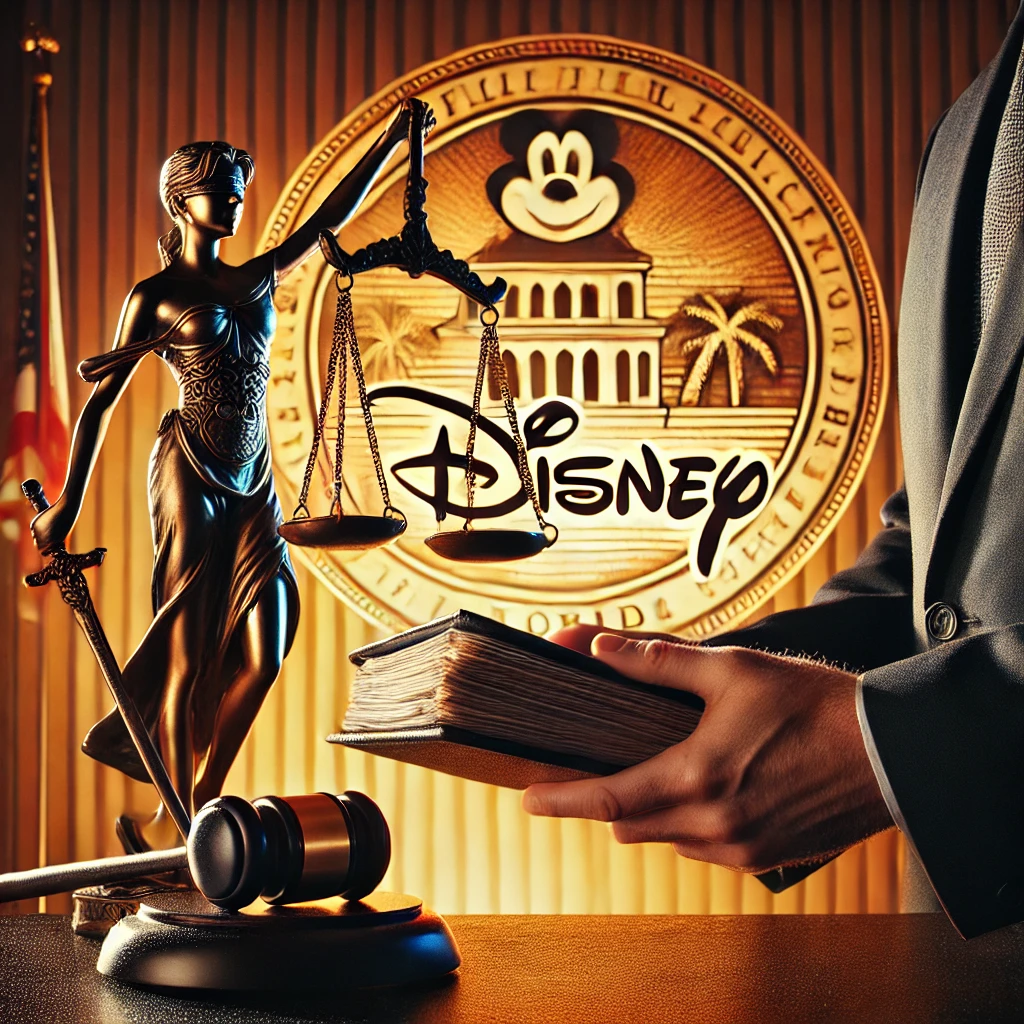Tragedy struck Walt Disney World Resort with the death of Kanokporn “Amy” Tangsuan, a 42-year-old doctor who suffered a fatal allergic reaction at Disney Springs’ Raglan Road restaurant. Her husband, Jeffrey Piccolo, has filed a $50,000 lawsuit against Disney, seeking damages for her death. However, Disney’s legal team is attempting to dismiss the lawsuit, citing an arbitration clause related to Piccolo’s 2019 Disney+ subscription and his purchase of Epcot tickets. The legal question now is whether Disney’s claim of binding arbitration has any merit under Florida law.
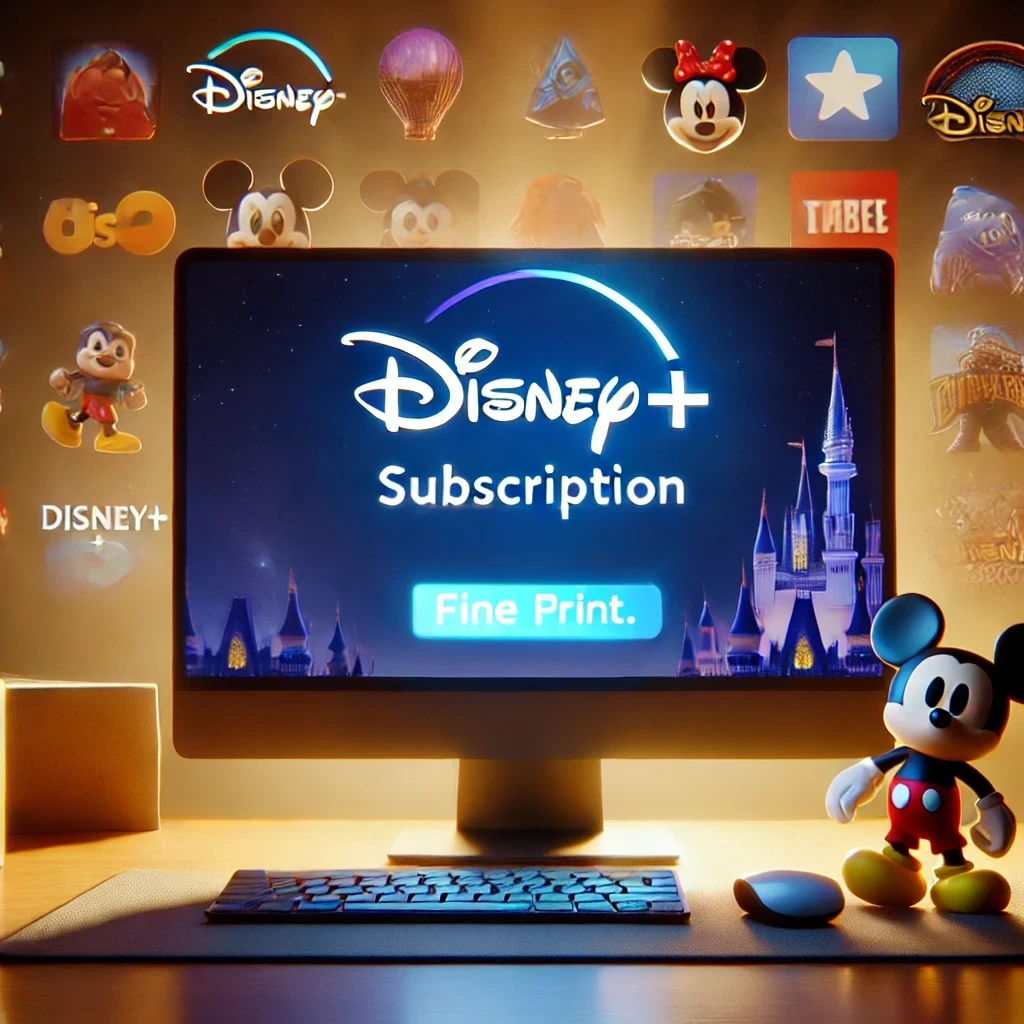
Disney’s legal argument rests on an arbitration clause included in the terms and conditions of Piccolo’s Disney+ subscription and his purchase of Epcot tickets. According to Disney, these agreements, which require users to arbitrate all disputes with the company, should also apply to the wrongful death lawsuit. Essentially, Disney contends that by agreeing to these terms, Piccolo waived his right to a jury trial, opting instead for arbitration.
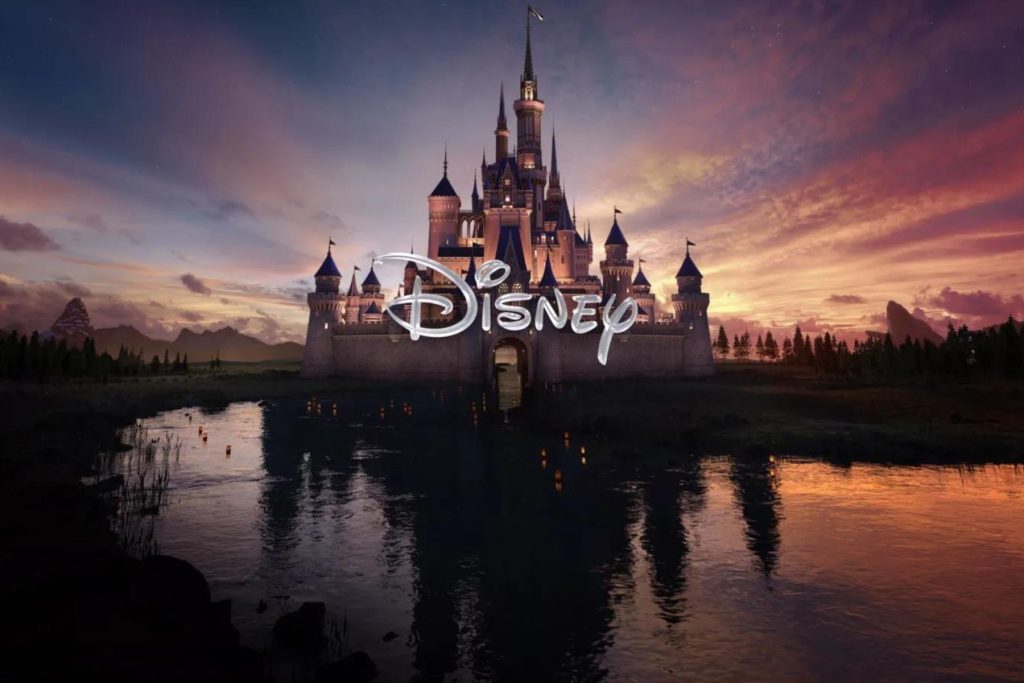
Piccolo’s legal team has responded by calling Disney’s argument “preposterous,” asserting that the arbitration agreements tied to Disney+ and Epcot tickets should not extend to a wrongful death suit involving a separate entity, Walt Disney Parks and Resorts. Furthermore, Piccolo’s lawyers argue that even if Piccolo had agreed to arbitration, those terms would not extend to his late wife, who was not a party to those agreements.
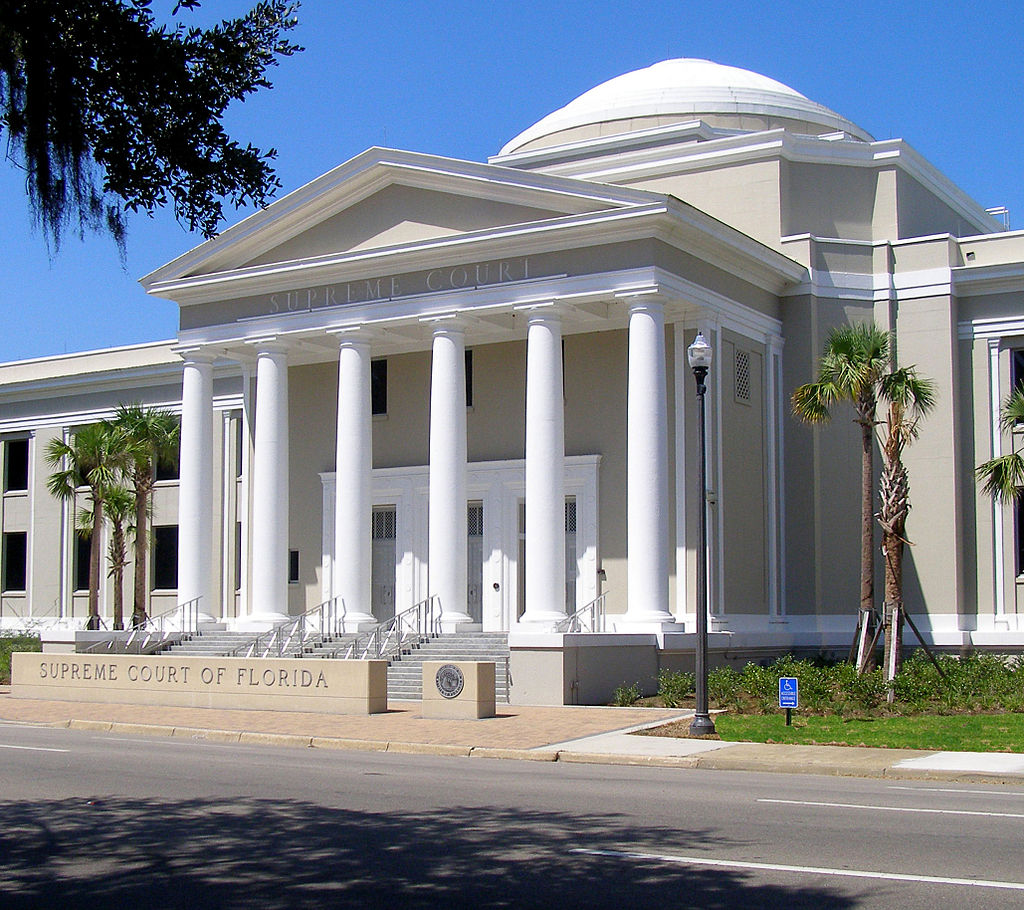
Florida law does allow for the enforceability of arbitration provisions, but they must be both reasonable and fair. In the case of Shotts v. OP Winter Haven, Inc., the Florida Supreme Court ruled that an arbitration agreement could be unenforceable if it significantly undermines the statutory rights or remedies available to a party. The court’s decision emphasized public policy considerations, ensuring that arbitration does not deprive individuals of their legal rights.

In Disney’s case, the argument could be made that applying an arbitration clause from a Disney+ agreement to a wrongful death suit may be an overreach, potentially violating public policy. The Florida Supreme Court has made it clear that arbitration agreements that effectively circumvent or diminish a party’s legal remedies are unenforceable.
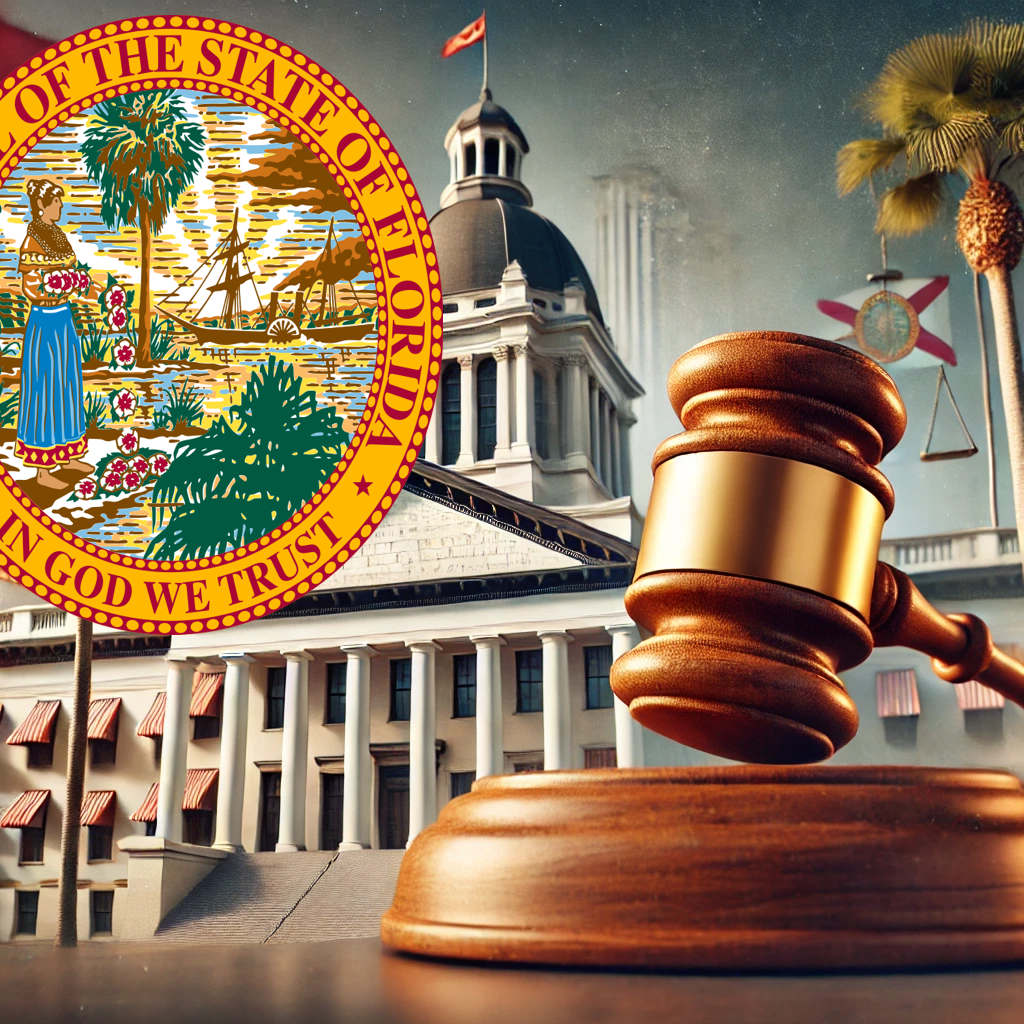
Even if some portion of Disney’s arbitration clause is found to be unenforceable, Florida law allows for severability, meaning the unlawful portion of the contract can be removed while preserving the rest. However, in cases where the entire contract or arbitration agreement is found to be unlawful, the court may rescind the contract in its entirety, nullifying the arbitration clause.

If the court determines that Disney’s arbitration clause does not apply to the wrongful death lawsuit, Piccolo’s claim would proceed in civil court, allowing a jury to hear the case. Conversely, if the court upholds the arbitration agreement, the case would be decided by an arbitrator, potentially limiting Piccolo’s legal remedies.
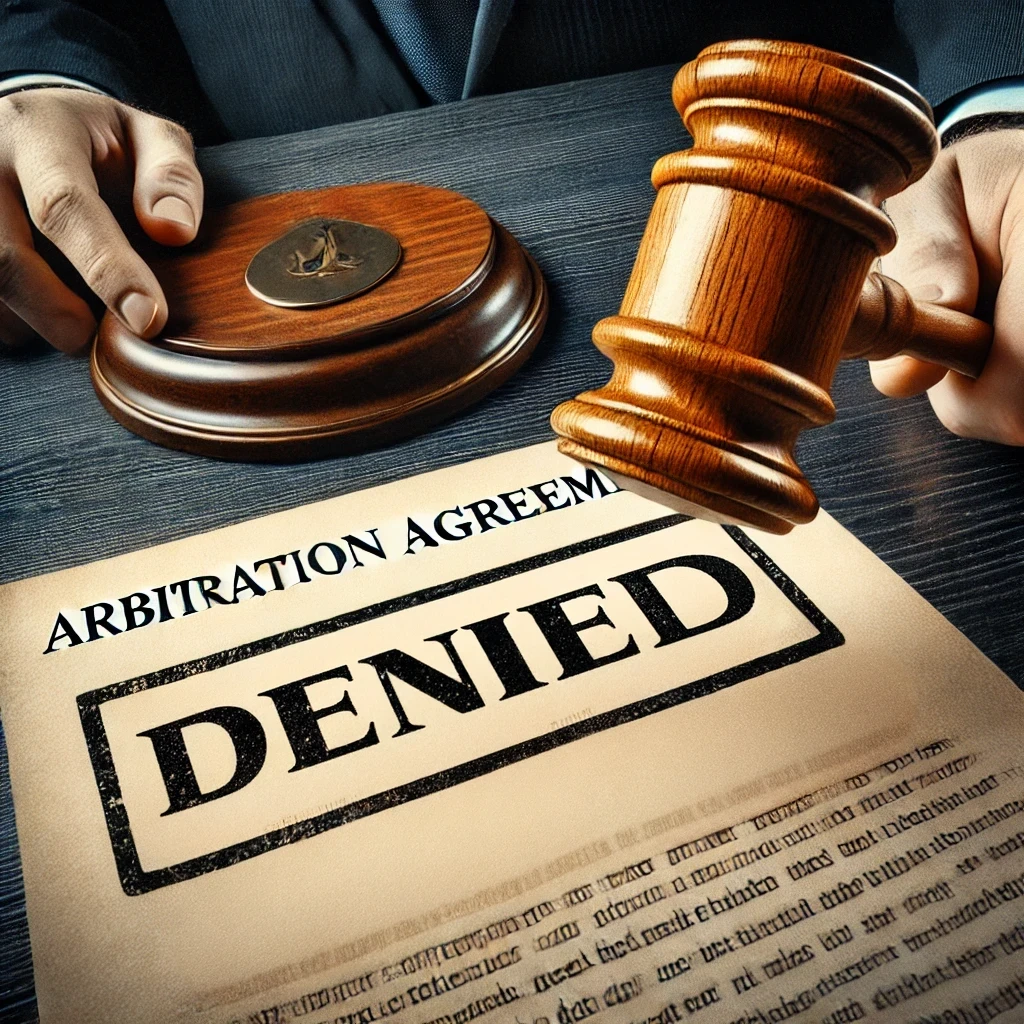
While Disney’s legal team is attempting to use arbitration clauses from seemingly unrelated agreements to dismiss a wrongful death lawsuit, the success of this strategy is far from certain.

Florida law provides a framework for assessing the enforceability of arbitration provisions, particularly when they intersect with fundamental rights such as the ability to seek justice through the courts.

Given the circumstances, Disney’s claim may be viewed as an overreach, potentially leading to a rejection of the arbitration defense and allowing the wrongful death suit to proceed in civil court.

